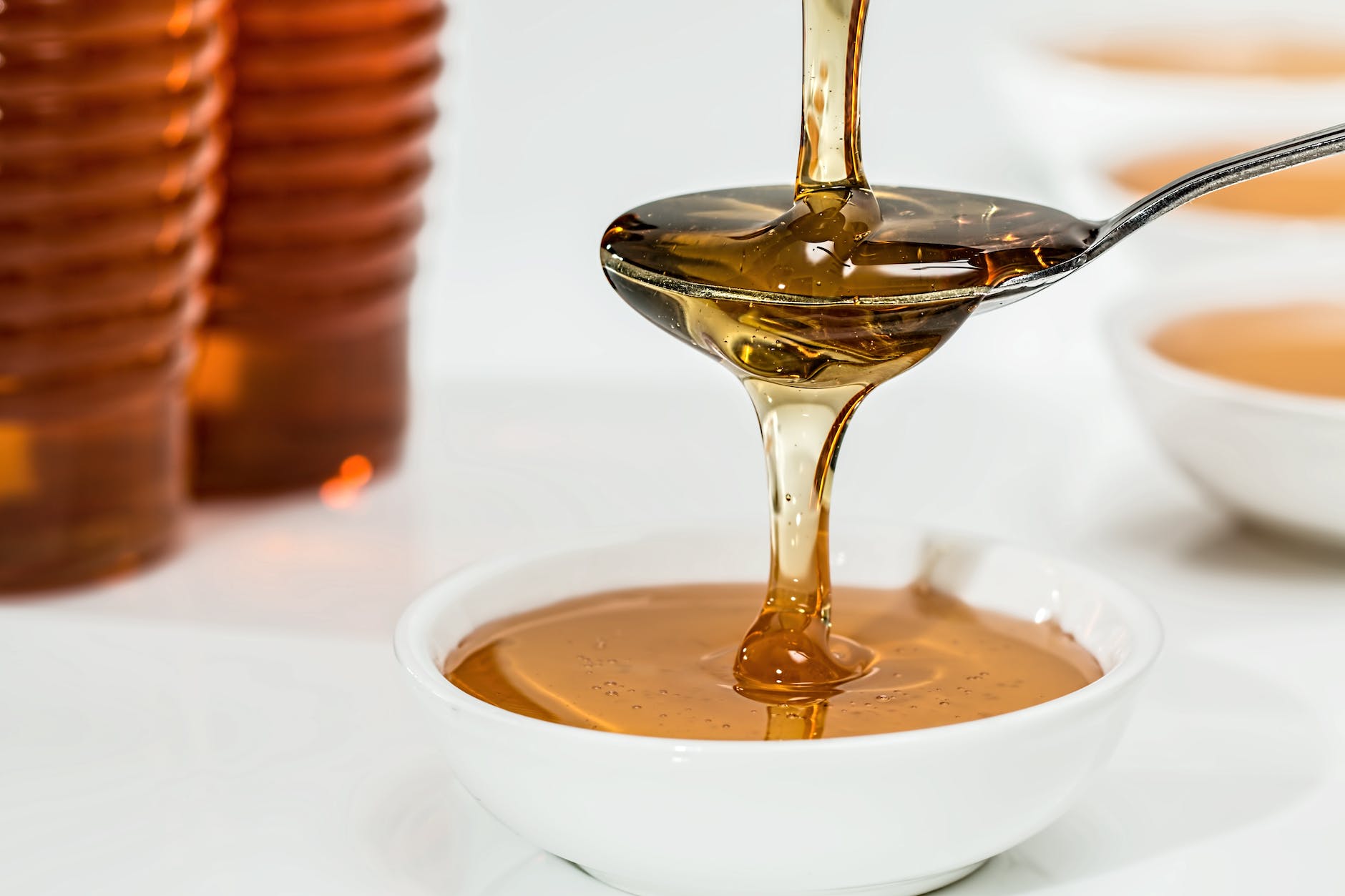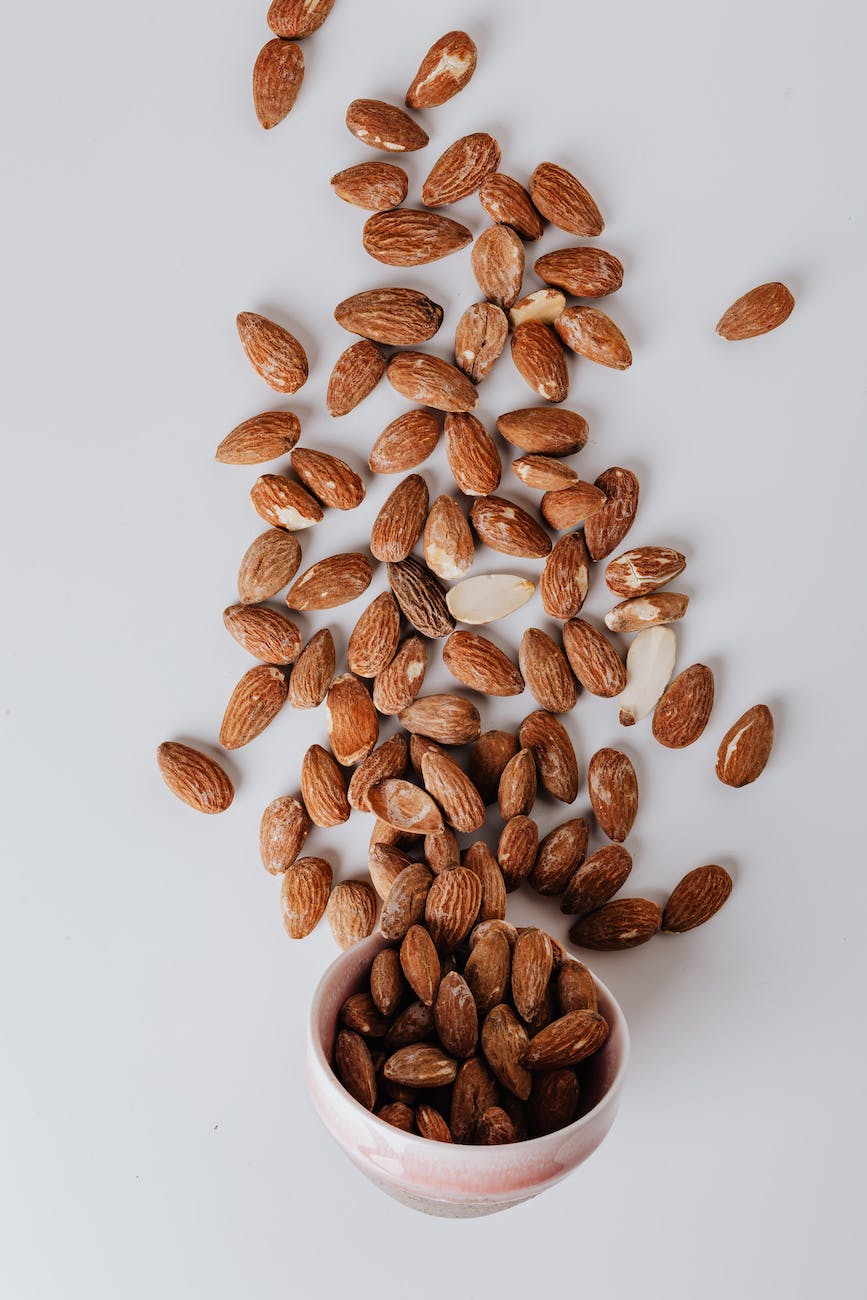
Introduction 🚀
Honey, a natural and delicious sweetener, has gained recognition not only for its delightful taste but also for its potential benefits in weight management. In this detailed blog post, we will explore the nutritional profile of honey, discuss its impact on satiety and cravings, delve into its potential effects on metabolism, examine its role in gut health, and provide practical tips on incorporating honey into your weight loss regimen.
The Nutritional Profile of Honey 🍯⚖️
Honey is more than just a source of sweetness; it contains several valuable nutrients:
- Carbohydrates: Honey primarily consists of carbohydrates, including natural sugars such as fructose and glucose. These carbohydrates provide energy and can be utilized as a healthier alternative to refined sugars.
- Antioxidants: Honey contains various antioxidants, including phenolic compounds and flavonoids, which help combat oxidative stress and support overall health.
- Enzymes: Raw honey contains enzymes like amylase and invertase, which assist in the digestion and breakdown of carbohydrates, supporting optimal nutrient absorption.
- Minor Nutrients: Honey also contains trace amounts of vitamins and minerals, such as vitamin C, calcium, magnesium, potassium, and zinc, further contributing to its nutritional value.
The Role of Honey in Weight Management ⚖️🍯
- Satiety and Cravings: The natural sweetness and complex flavor profile of honey can satisfy cravings for sweets. Consuming a small amount of honey can provide a sense of satisfaction and reduce the desire for other high-calorie, processed sugary foods.
- Metabolism Support: Some studies suggest that honey may have a positive impact on metabolism. Its natural sugars can provide a quick source of energy, potentially supporting physical activity and overall metabolic function.
- Gut Health and Digestion: Honey, particularly raw and unfiltered varieties, contains prebiotics that nourish beneficial gut bacteria. A healthy gut microbiome supports proper digestion, nutrient absorption, and overall well-being, all of which are essential for weight management.
- Antioxidant Effects: The antioxidants present in honey help reduce inflammation and oxidative stress, which can be associated with weight gain and metabolic imbalances.
Practical Application of Honey for Weight Loss 🥗💡
Here are practical tips for incorporating honey into your weight loss regimen:
- Substitute for Refined Sugars: Replace refined sugars with honey in recipes to reduce the overall sugar content. Use honey in moderation and adjust the amount based on taste preferences.
- Pair with Protein or Fiber: To minimize the impact on blood sugar levels, combine honey with protein-rich or fiber-rich foods. For example, drizzle honey over Greek yogurt, sprinkle it on a bowl of oatmeal with nuts and seeds, or use it in homemade energy bars with a balance of protein and healthy fats.
- Natural Sweetener in Beverages: Use honey as a natural sweetener in beverages like herbal tea, homemade lemonade, or smoothies. It adds a pleasant flavor and sweetness without relying on artificial sweeteners or excessive sugar.
- Mindful Consumption: Practice portion control and be mindful of overall calorie intake when using honey. Moderation is key, as honey is still a source of calories.
- Combine with Healthy Ingredients: Create nutritious and balanced recipes by combining honey with other wholesome ingredients. Use it in homemade salad dressings, marinades, or sauces with olive oil, vinegar, herbs, and spices for a burst of flavor.
Conclusion 🏁
Honey can be a valuable asset in your weight loss journey, offering a natural and nutrient-rich alternative to refined sugars. With its nutritional profile, potential effects on satiety, metabolism support, and contribution to gut health, honey can play a beneficial role in weight management. By incorporating honey mindfully into your diet and pairing it with protein or fiber-rich foods, you can enjoy its sweet benefits while pursuing your weight loss goals.
Disclaimer: This blog post is intended for informational purposes only and should not replace professional medical advice. Consult with a healthcare professional or registered dietitian for personalized dietary recommendations.











